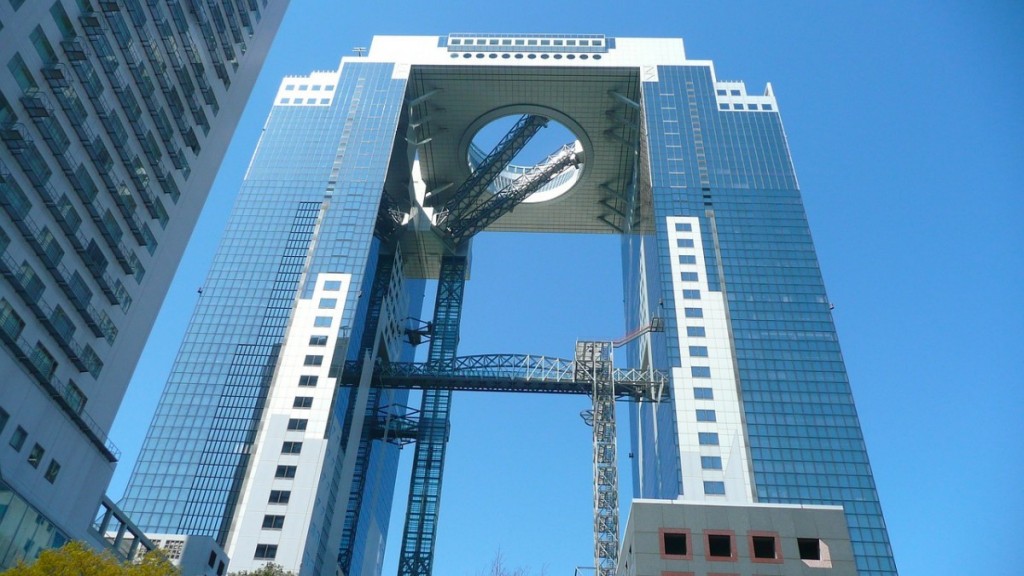Hi there,
This is Olfa with Ecom,
Hope you’re doing well and that the weather is getting warmer where you are too 🙂
Today I wanted to share with you some tips for working in a Japanese company, as we are one, and we always hear a lot about how Japanese companies work habit and philosophy might differ from the rest of the world.
Well, some of those assertions might be true, others ain’t. But let’s see together three probably most important things you should keep in mind while working in a Japanese environment.
1- Respect the times. The concrete way to show your respect.
You may know it, it is world wide famous, Japanese are well known for that, and indeed it is true. Don’t arrive late at work, even less at a meeting. Actually even rather saying that one should be on time, it’s more accurate to say that one should arrive earlier, as it shows your respect towards the work you’ll do, the person you’ll meet.
You might have heard about the importance of hierarchy, it is actually important in many parts of the globe. Well, in Japanese culture and especially in your workplace, time, in a huge part demonstrates that respect. The earlier you arrive, the more modest you will appear, “My work is more important to me that my leisure time“, way to say. I am myself originally from a background where talking about respecting time is like speaking a foreign language, but as we say, in Rome do as romans do. And sticking to that habit really spares one a lot of stress and do teaches a lot about responsibility, too.
2-Inform and report a lot. The Spinach philosophy.
There is a word in Japan that you might have heard a lot if you work here: ほうれんそう [Hourensou] that litteraly means ‘Spinach’, for the play on words, but that is in fact the abbreviation of 報告 [Hôkoku] 連絡 [Renraku] 相談 [Sôdan] as for ‘Report’, ‘Contact’, ‘Advice’. Those are the three believed to be most important matters to respect in a workplace.
Let people be aware of what you’re doing. There’s no problem for being stuck with a trouble, having an issue, taking time for something as long as you let people know about it. Don’t do anything without letting people know about what you’re planning to, don’t take any further step if you didn’t tell someone what and how you will. Actually, contrary to what some may think t is okay to be creative and beyond boundaries, many people think that Japanese have this peculiarity of sticking to the same work pattern and avoiding originality. Of course some do, but it is much more a way to be safe by not risking mistakes rather than a work rule to follow. There is actually no problem with showing your uniqueness and creativity if you first just tell about it.
3-Formulating Apologies. It is always your fault.
This last part might be the most disconcerting part of it. Admitting and apologising for your fault is hard, already. And people who are able to are really to compliment. But what when you’re asked to apologise for someone else’s? You don’t wanna do that, isn’t it? Speaking from an European point of view we are actually asked, and taught to for a lifetime to speak up for ourselves, and it is hard to suddenly have to go with the opposite. But here we do. Apologise for the mistakes you did and the ones you don’t might be the most difficult notion to get but the one that will keep you far from troubles the best. Not only because it is just the way people work here, but if I was to give an explanation for that, I would simply say that rather than spending time looking for who’s mistake it is, with the mere goal to get an apology, it is just easier to formulate one and try all together to get it fixed. To add on to that, apologising means and shows -again- your modesty, and the fact that you are able to forget your pride, raise the value of your work above the value of yourself as a person. Refusing to apologise when it is not clear whether it is or not your fault, is defending your own self. Apologising for others is defending your company in its hole.
Hope those brief points might have helped you, and whether you live inside or outside Japan, working for a Japanese or non Japanese company, I’ld be glad to hear your own idea about that.
Best,
Olfa

